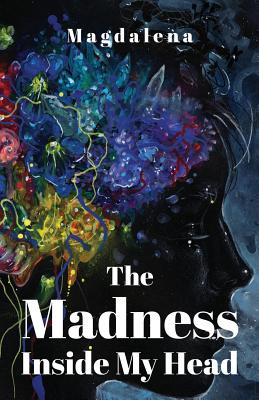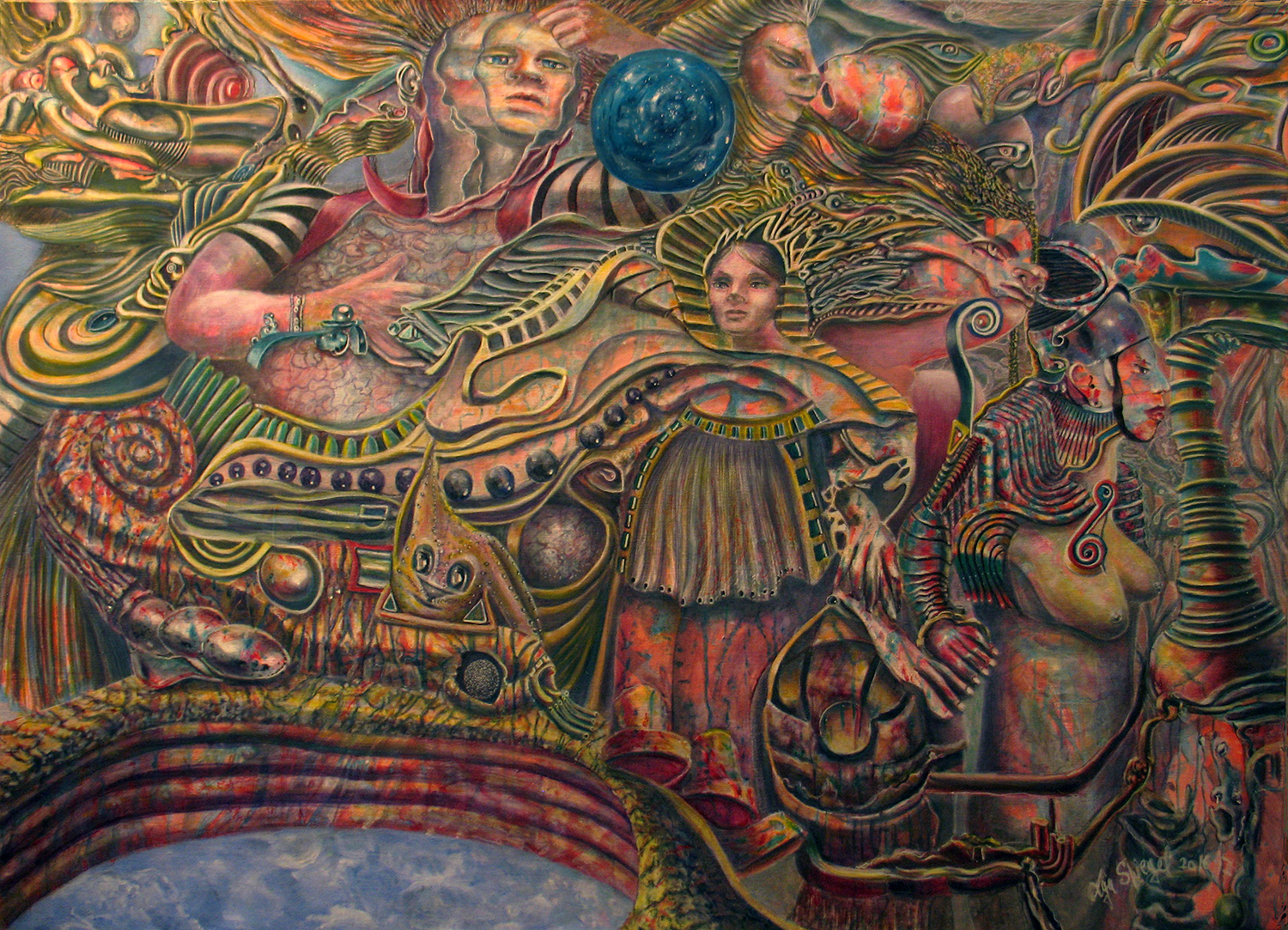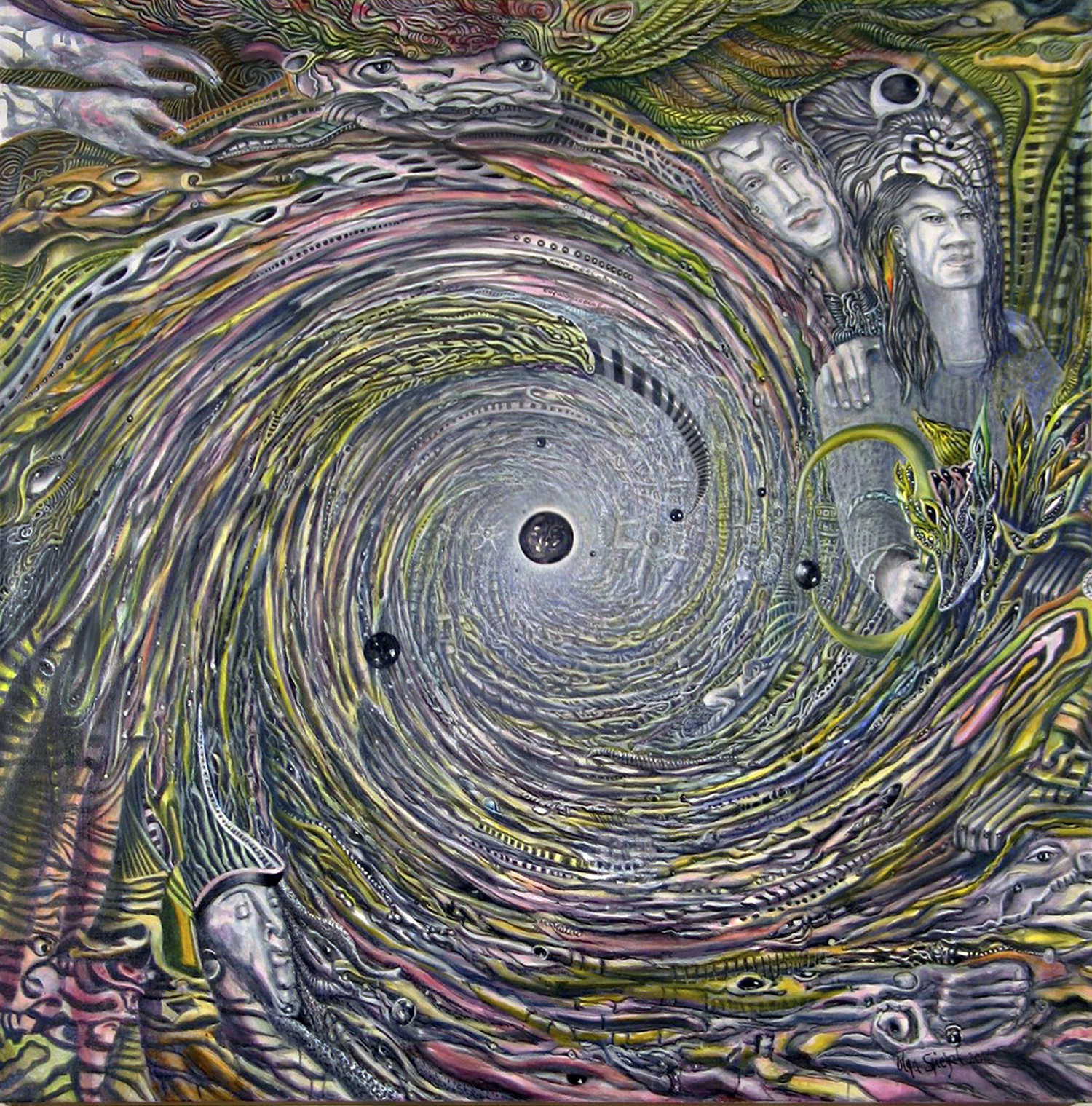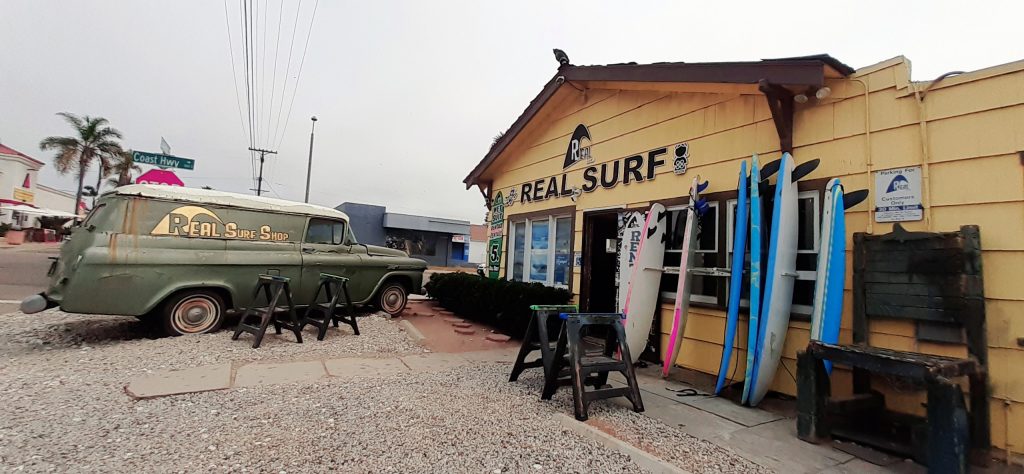The Good, the Bad, and the Ugly: Magdalena Garcia’s The Madness Inside My Head
Magdalena Garcia is complex. Her new collection The Madness Inside my Head celebrates romantic love and raw sensuality while confronting us with the domestic violence and cruelty she has endured. She’s got determination to live and to care for her children, whom she makes a definite priority and refers to as ‘kings and queens.’ For their sake, and her own, she speaks out about child abuse and intimate violence, about looking to men hoping for the care and love she never found from her father as a child.
As many people may ask, ‘why didn’t she just leave?’ she replies, tellingly, in a poem: ‘bad love was better than no love at all.’
She encourages and patiently waits for loved ones to get help with their substance abuse problems and criticizes the damage she sees drug and alcohol abuse doing to those around her. Yet she acknowledges that she herself has struggled with an addiction – sex. Perhaps this shared experience is a source of compassion for her, helps her to love those around her who are addicted while still hoping that they get the help they need to change their behaviors.
Also, a poem in the ‘Bad’ section suggests that she herself has not always been entirely honest with everyone in her dating life, and she can now own up to that without hiding it. That is courage – that she’s no longer afraid, not of the brutal men who have hurt her, or of being alone, or even of owning up to her own past. She can now revel in beauty and strength, her own, and that of her mixed Puerto Rican-Black heritage.
The Madness Inside My Head is conversational, with punctuation and varying sentence lengths. Garcia’s writing expands to reveals the depth of her pain and solitude when she’s got nothing but uncomfortable time to think, and bursts forth in staccato exclamations to highlight the urgency of her survival instinct during immediate danger. At other times, particularly in the first section, her rich, flowing language revels in passion and pride. She now knows the difference between an abusive situation and a mutually consensual, caring relationship, and has the resources to be able to choose the latter with joy.
There’s a trajectory towards hope in Garcia’s story: she leaves, or throws out, the men who harm her, realizes ‘there’s therapy in her future’ and becomes okay with that, sets up a safe and caring home for herself and her children, and gets the medical help she needs to live a healthier life. Yet, not every poem reflects that movement towards hope. At times, several poems in a row convey nothing but fear, rage, and graphic images of violence. This is realistic in that there are moments in life when we feel hopeless, and Garcia lets us sit with that.
And, Garcia honors the struggle of her fellow domestic violence survivors by refusing to allow her story to seem a simple and straightforward path towards healing. It’s not always so easy to ‘just leave,’ and she isn’t putting out a step by step guide for everyone, because that doesn’t exist. The book isn’t organized as a chronological memoir, but rather in sections: the good, the bad, and the ugly. So, rather than leaving on a note of definite, prescriptive, expected triumph, we see the hope at the beginning, which draws us into the story and makes the book more approachable. Then the book reveals the life Garcia has survived, making her joy and pride all the more compelling.
The collection ends, as indicated, with the ugliest, most brutal parts of her story, leaving readers uneasy in a way that echoes the lived experience of many survivors. Overcoming domestic violence isn’t always a linear journey, but can involve making many attempts to finally end a recurring cycle of mistreatment.
I recommend this collection for all adults, not just survivors of abuse, but those who wish to deepen their empathy for those who have survived challenges of all sorts. Magdalena Garcia has a rich, thoughtful, and strong voice and is capable of deft writing on a wide range of moods and themes, and I would love to see more from her.






